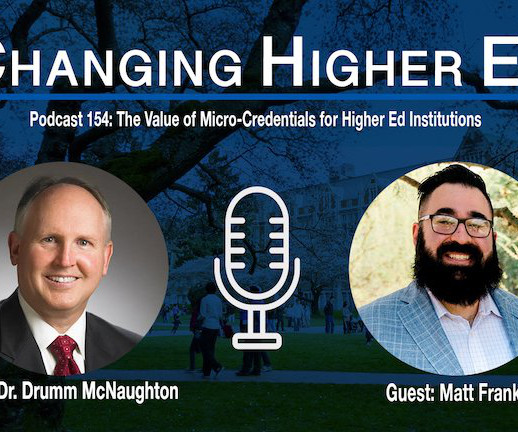Why higher ed needs to get on board with micro-credentials
University Business
FEBRUARY 23, 2023
However, similar to how online degrees were perceived two decades ago, some are critical about the quality of non-degree programs, despite a lack of evidence to support a systematic problem,” said Jim Fong, Chief Research Officer at UPCEA. The majority worked in finance (14%), followed by healthcare (13%) and manufacturing (12%).











Let's personalize your content